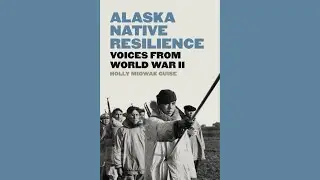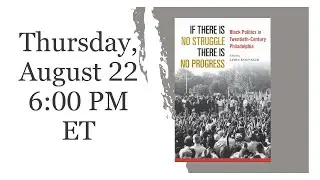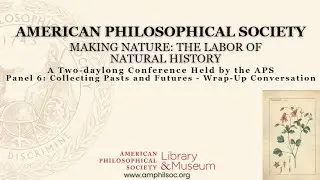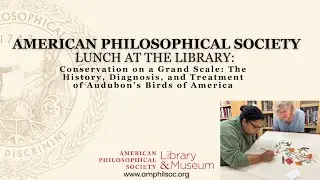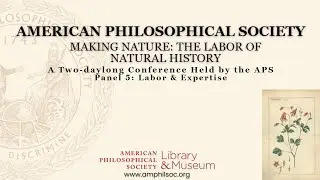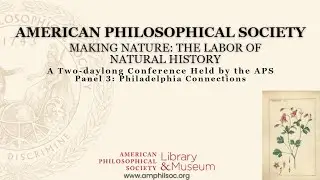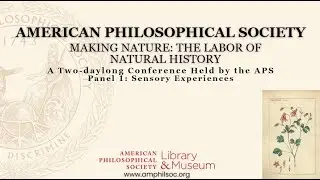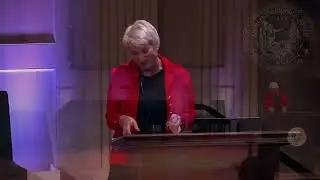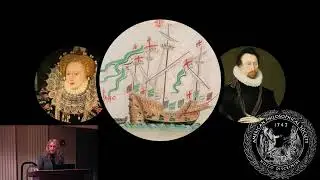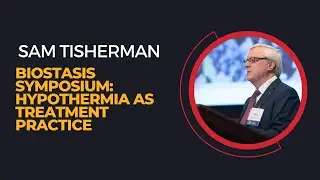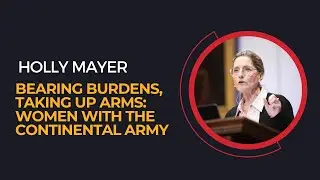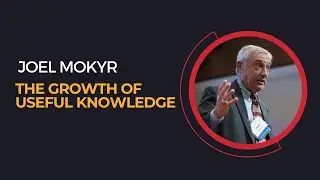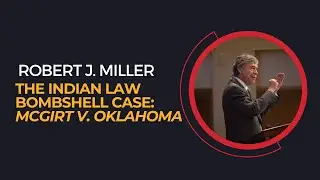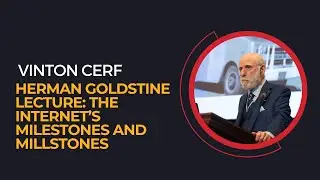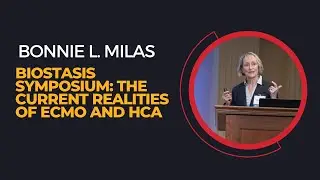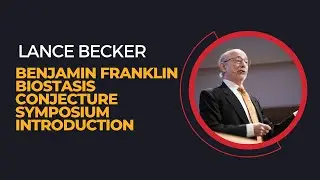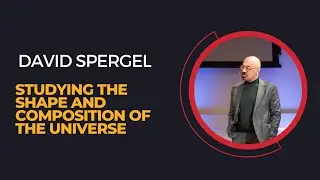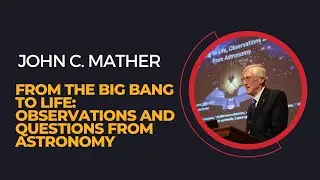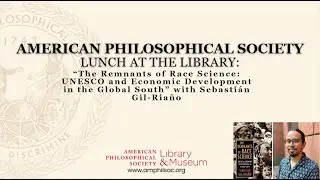Hypothermia as Treatment Practice - Sam Tisherman
At the April 2024 Meeting of the American Philosophical Society, Sam Tisherman, Professor, Department of Surgery and the Program in Trauma, University of Maryland School of Medicine, gave the talk "Hypothermia as Treatment Practice," part of the Benjamin Franklin Biostasis Conjecture Symposium.
About the speaker:
From 1994 to 2014, Dr. Samuel A. Tisherman served as a faculty member at the University of Pittsburgh, where he was promoted to Professor with tenure in the Departments of Critical Care Medicine and Surgery in 2009. During his tenure, he held several key leadership roles, including Director of the Neurotrauma ICU, Director of the Surgical Critical Care and Acute Care Surgery Fellowships, and Director of the Multidisciplinary Critical Care Training Program. He was also honored with membership in the University of Pittsburgh School of Medicine Academy of Master Educators.
Dr. Tisherman’s research has centered on managing severe hemorrhagic shock and cardiac arrest, with a particular focus on therapeutic hypothermia. Alongside Drs. Peter Safar and Pat Kochanek, he contributed to developing Emergency Preservation and Resuscitation (EPR), an innovative approach for managing exsanguinating trauma patients by using hypothermia to "buy time" for resuscitative surgery. Currently, he is conducting a clinical trial of EPR, with the RA Cowley Shock Trauma Center as the coordinating center for this study.
In his work with the Center for Critical Care and Trauma Education, Dr. Tisherman is expanding educational programs within the Shock Trauma Center and the University of Maryland Medical System. This includes creating innovative simulation programs to train multi-professional teams in managing the most critically ill and injured patients. Supported by funding from the Department of Defense, he is also researching trauma procedural skill acquisition, retention, and refresher techniques.
Chapters:
00:00 - Introduction and Purpose of Hypothermia in Treatment
00:39 - Emergency Preservation and Resuscitation Explained
01:15 - Evolution of Hypothermia in Cardiac Surgery
02:03 - Dr. Peter Safar and the Origins of CPR
03:27 - Early Hypothermia Techniques and Temperature Control
04:35 - Testing Hypothermia’s Benefits for Cardiac Arrest
05:57 - Hypothermia Trials and Clinical Applications
06:15 - Rise and Reevaluation of Hypothermia for Cardiac Arrest
07:09 - Targeted Temperature Management Guidelines
08:09 - Exploring Other Uses of Hypothermia in Medicine
09:00 - Hypothermia for Traumatic Brain Injury: Potential and Limitations
10:00 - Trials with Hypothermia for Spinal Cord Injuries
11:00 - Complexities of Hypothermia in Trauma Cases
11:55 - The Promise and Challenges of Hypothermia in Trauma
12:55 - Emergency Preservation and Resuscitation in Trauma
13:44 - EPR Trials and Feasibility in Trauma Patients
15:11 - The Extensive Team Required for EPR
15:55 - Ethics and Consent Challenges in EPR
16:54 - Media Influence and Public Understanding of EPR
17:54 - Fictional Portrayals and Real-World Goals of EPR
18:22 - Future of Hypothermia and Resuscitation Techniques
18:53 - Advancing Hypothermia with DARPA and Chemical Innovations
About American Philosophical Society:
The American Philosophical Society, the oldest learned society in the United States, was founded in 1743 by Benjamin Franklin for the purpose of “promoting useful knowledge.” In the 21st century we sustain this mission in three principal ways. We honor and engage leading scholars, scientists, and professionals through elected membership and opportunities for interdisciplinary, intellectual fellowship, particularly in our semi-annual Meetings. We support research and discovery through grants and fellowships, lectures, publications, prizes, exhibitions, and public education. We serve scholars through a research library of manuscripts and other collections internationally recognized for their enduring historic value. The American Philosophical Society’s current activities reflect the founder’s spirit of inquiry, provide a forum for the free exchange of ideas, and convey our conviction that intellectual inquiry and critical thought are inherently in the best interest of the public.
#aps #americanphilosophicalsociety #benjaminfranklin









